A language is a more ancient and inevitable thing than any state
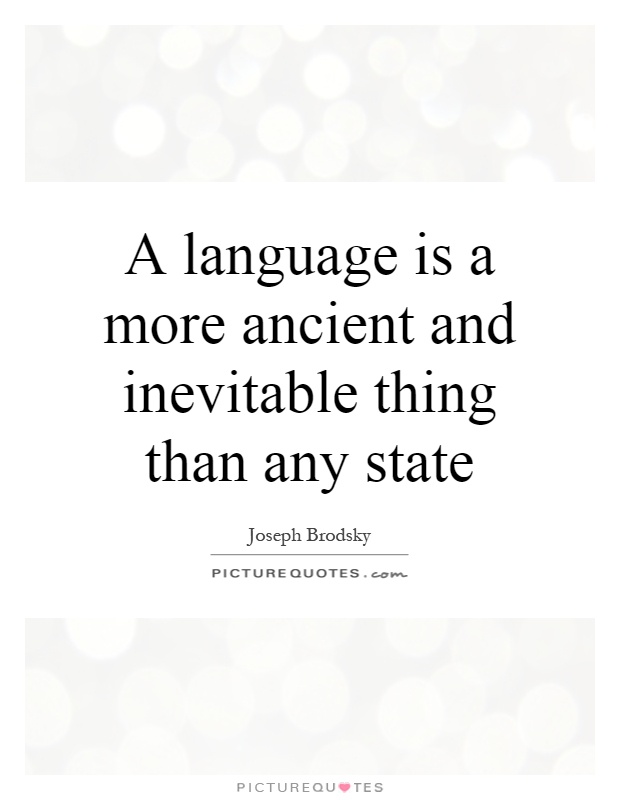
A language is a more ancient and inevitable thing than any state
Joseph Brodsky, the renowned Russian poet and essayist, once famously said, “A language is a more ancient and inevitable thing than any state.” This profound statement speaks to the power and significance of language in shaping human identity and culture. Brodsky, who himself was exiled from his native Russia for his dissident views, understood the deep connection between language and individual freedom.In the context of Brodsky’s own life, this quote takes on added meaning. As a poet who was forced to leave his homeland due to political persecution, Brodsky experienced firsthand the ways in which language can be used as a tool of oppression by the state. In his essay “Less Than One,” Brodsky explores the idea that language is a form of resistance against tyranny, a way for individuals to assert their own identity and autonomy in the face of oppressive regimes.
Brodsky’s own poetry is a testament to the power of language to transcend borders and boundaries. His work, which often grapples with themes of exile, loss, and memory, speaks to the universal human experience of longing for connection and belonging. Through his poetry, Brodsky reminds us that language is not just a means of communication, but a way of understanding ourselves and our place in the world.
In the broader context of world history, Brodsky’s words take on even greater significance. Throughout the centuries, language has played a central role in shaping the course of human events. From the ancient civilizations of Mesopotamia and Egypt to the modern nation-states of Europe and beyond, language has been a key factor in the formation of cultural identity and political power.


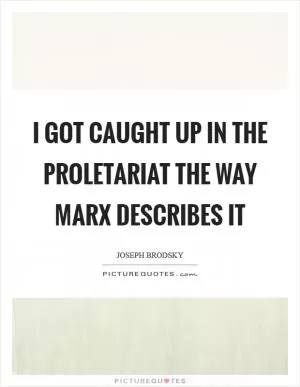

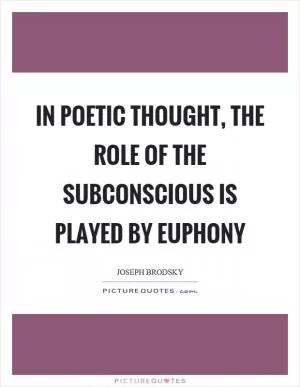

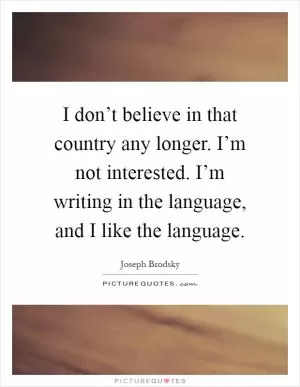


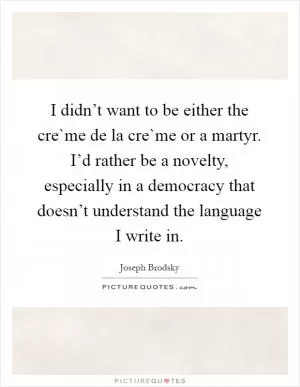


 Friendship Quotes
Friendship Quotes Love Quotes
Love Quotes Life Quotes
Life Quotes Funny Quotes
Funny Quotes Motivational Quotes
Motivational Quotes Inspirational Quotes
Inspirational Quotes